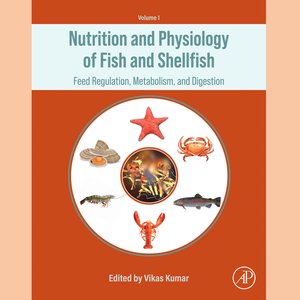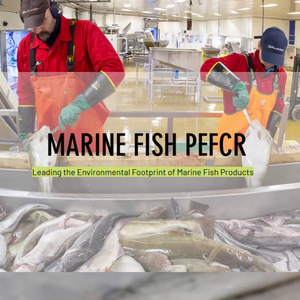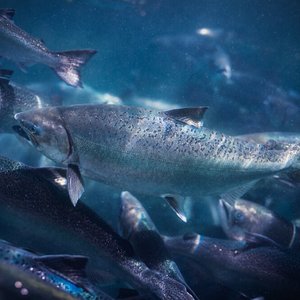FAO, WHO report good news for fish
FAO and WHO have published their findings of the Expert Consultation on the Risks and Benefits of Fish Consumption, comparing those to the health risks associated with the contaminants methylmercury (MeHg) and dioxins and dioxin-like PCBs (DLCs) that may be present in fish. The health risks associated with dietary intake of these compounds have previously been assessed by the Joint FAO/WHO Expert Committee on Food Additives (JECFA).
The consultation concluded:
Consumption of fish provides energy, protein, and a range of other important nutrients, including the long-chain n-3 poly unsaturated fatty acids (LC n-3 PUFA).
Eating fish is part of the cultural traditions of many peoples and in some populations is a major source of food and essential nutrients.
Among the general adult population, consumption of fish, particularly oily fish, lowers the risk of coronary heart disease (CHD) mortality. There is absence of probable or convincing evidence of CHD risks of MeHg. Potential cancer risks of DLCs are well below established CHD benefits.
When considering benefits of LC n-3 PUFA vs. risks of MeHg among women of childbearing age: maternal fish consumption lowers the risk of suboptimal neurodevelopment in their offspring compared to women not eating fish in most circumstances evaluated.
At levels of maternal DLC intake (from fish and other dietary sources) that do not exceed the provisional tolerable monthly intake (PTMI) of 70 picograms/kg bodyweight/month established by JECFA, neurodevelopmental risk is negligible. At levels of maternal DLC intake (from fish and other dietary sources) that exceed the PTMI, neurodevelopmental risk may no longer be negligible.
Among infants, young children, and adolescents, the available data are currently insufficient to derive a quantitative framework of health risks and benefits of eating fish.
However, healthy dietary patterns that include fish and are established early in life influence dietary habits and health during adult life.
The Consultation recommended a series of steps that member states should take to better assess and manage the risks and benefits of fish consumption and more effectively communicate with their citizens:
- Acknowledge fish consumption as an important food source of energy, protein, and a range of essential nutrients and part of the cultural traditions of many peoples.
- Emphasize the benefits of fish consumption on reducing CHD mortality (and CHD mortality risks of not eating fish) for the general adult population.
- Emphasize the neurodevelopment benefits to offspring of fish consumption by women of childbearing age, particularly pregnant women and nursing mothers, and the neurodevelopment risks to offspring of such women not consuming fish o Develop, maintain, and improve existing databases on specific nutrients and contaminants, particularly MeHg and DLCs, in fish consumed in their region.
- Develop and evaluate risk management and communication strategies that both minimize risks and maximize benefits from eating fish.







